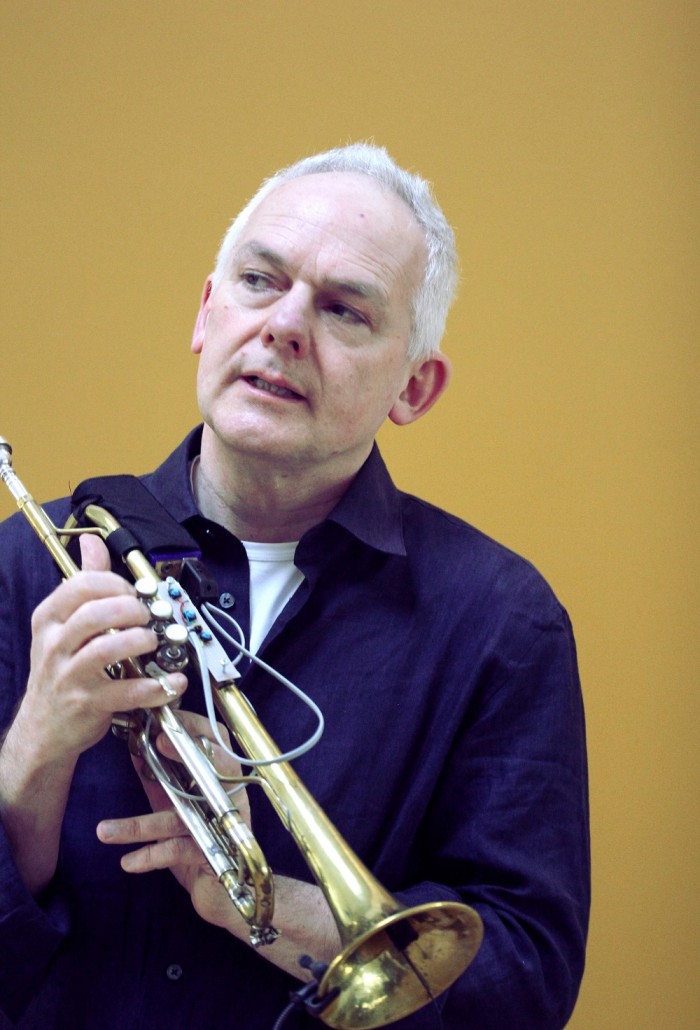Music, Thought and Technology
Jonathan Impett, Daniela Fantechi, Juan Parra Cancino, Magno Caliman, Matt Wright, Nicholas Brown, Nicolas Collins, Simon Waters, Paulo Dantas, Elisabeth Damai Salverda, Chonglian Yu, Andrea Agostini, Cat Hope
Clusterproject
2016 - ongoing
Principal Investigator: Jonathan Impett
Put simply, our common repertory of operational concepts is largely derived from technology; this therefore seems the natural place to look for constructive or explanatory models. Technology is fundamentally constitutive of music, its experience, practices and culture. Like all art, music could be seen to function in the context of a common sense of the possible, of the operations and relationships that it might embody, extend or reveal. This sense of the possible derives primarily from science, technology and their cognates such as natural philosophy or cosmology. Music is literally inconceivable without technologies. They participate in the imagining and apprehending of music, but in a bidirectional process also become part of the broader repertoire of conceptual operations that inform human thought at any given cultural moment. There is a continuum from the ‘hard’ technologies of instruments or reproduction through the materials of composition to the mental models we use to understand music. Engagement with music is thus also technical. The techniques of music are inseparably linked with its technologies of imagining, creation and production.
In our self-consciously technological age above all, technology provides a common set of ideas, metaphors and behaviours. It is the natural place to look for discourse that reaches across the many approaches to composition, sound art and improvisation that characterise contemporary musical activity irrespective of style or genre – including the vast body of inherited work for which we constantly search for new relevance.
At the same time, researchers investigating new areas of computer science and artificial intelligence are posing new questions about the nature of digital objects, concepts and experience. Musical works, we suggest, have much in common with virtual or digital objects. They exist in a unique state of materiality/immateriality: while they are intensely bound to direct experience, to technologies, techniques and materials, this physicality can exist in multiple instantiations, they can be manipulated, engaged with and acted upon as cultural abstractions. In cultural terms, music is the area of human activity in which we deal with the virtual, with the constructive relationship between human affect and abstract structures or formal systems. Digital humanities research and computer-based creation use the same repertory of tools; both are acts of musical imagination extended and explored through technology. The boundaries become increasingly blurred.

Technology and musical thought

Three States of Wax

Presence and resonance

Opaque technologies

ECHO




























